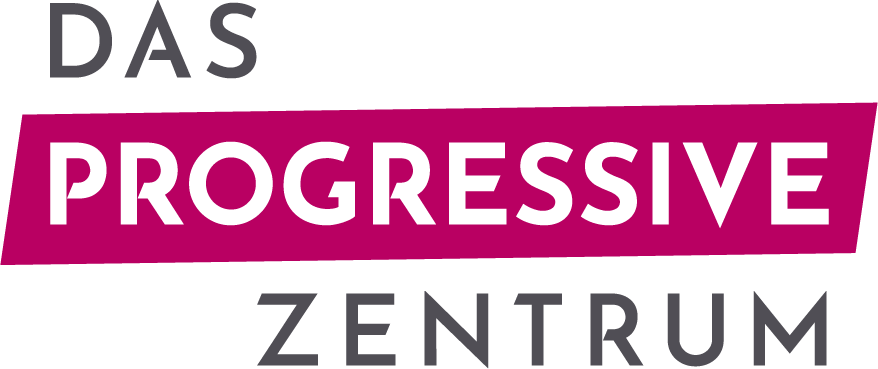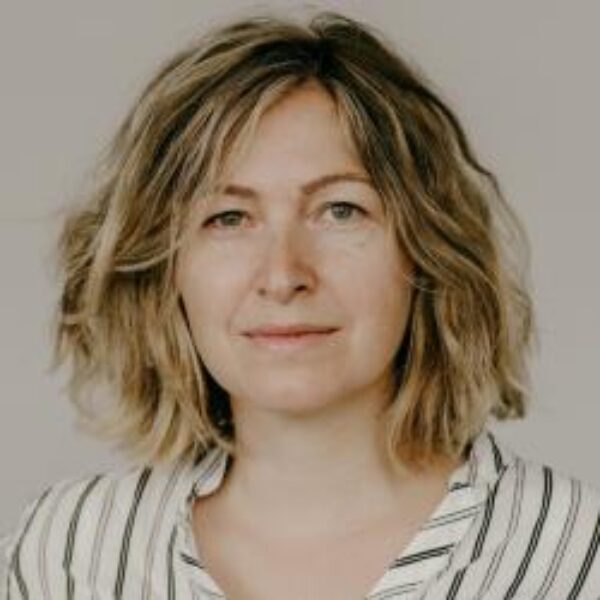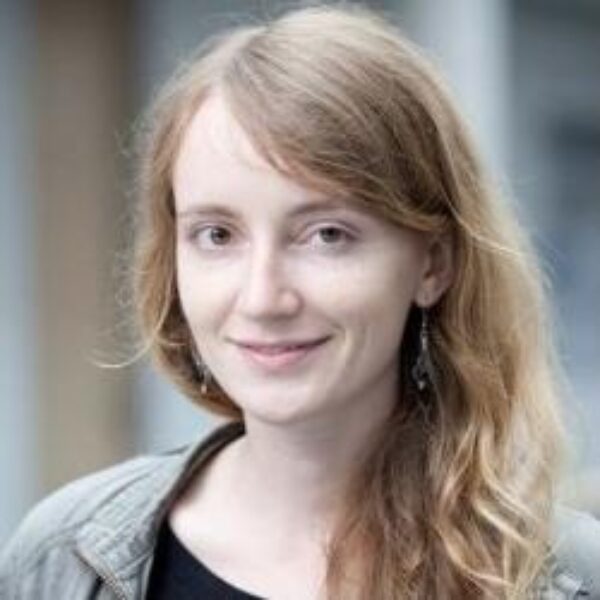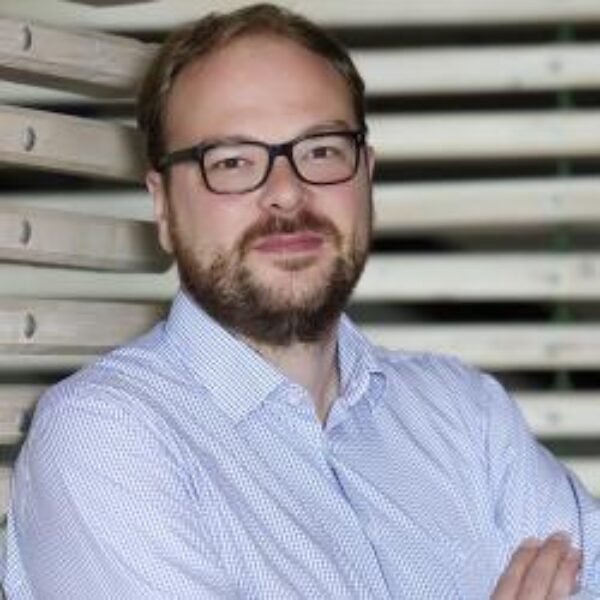Summary
Inequality is often misperceived in the German population. Using survey data, a new paper by the University of Konstanz in cooperation with Das Progressive Zentrum presents evidence for this claim. While inequality is indeed seen as a problem, its extent is underestimated in important aspects. Yet, large parts of the population support a more egalitarian society. This gives rise to the potential for a political agenda that strengthens progressive and egalitarian policies.
Inequality is a central political and social problem in Germany: Many people are increasingly concerned about the growing economic and social gap. In addition to income inequality, they are concerned about whether there are still sufficient opportunities for advancement and social mobility.
If inequality is a central problem for a majority of Germans, one would expect that the pressure on politicians to introduce more political measures against social disparities would also increase. But pressure has been limited and political reactions have so far remained modest in scope. One reason may be that people find it difficult to grasp the true extent of inequality. In this policy paper, the authors describe perceptions of different facets of inequality and social mobility. In doing so, they show how (mis-)perceptions of inequality affect the advocacy of measures to strengthen egalitarian policies.
Key Findings
- Social inequality is perceived as a problem and respondents would like to see a fairer distribution of wealth and income.
- The extent of inequality is being underestimated. Respondents thought they were closer to the middle in terms of their relative income than they actually are.
- Moreover, wealth inequality is underestimated compared to income inequality. It is perceived as smaller, although it is in fact about three times as large in Germany.
- The respondents generally consider the prospects of moving up the social ladder to be bleak: Respondents with lower incomes and lower levels of education see better opportunities for themselves than those with higher incomes and levels of education. In addition, the former also assess the extent of inequality as lower than respondents from privileged backgrounds.
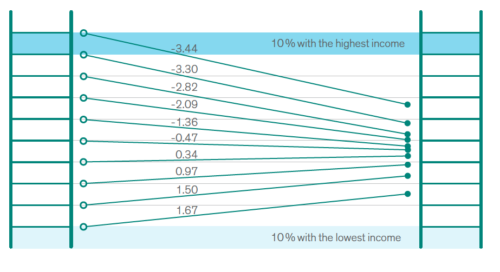
Authors
Source of healing or bone of contention? Trust in the German healthcare system during the coronavirus crisis
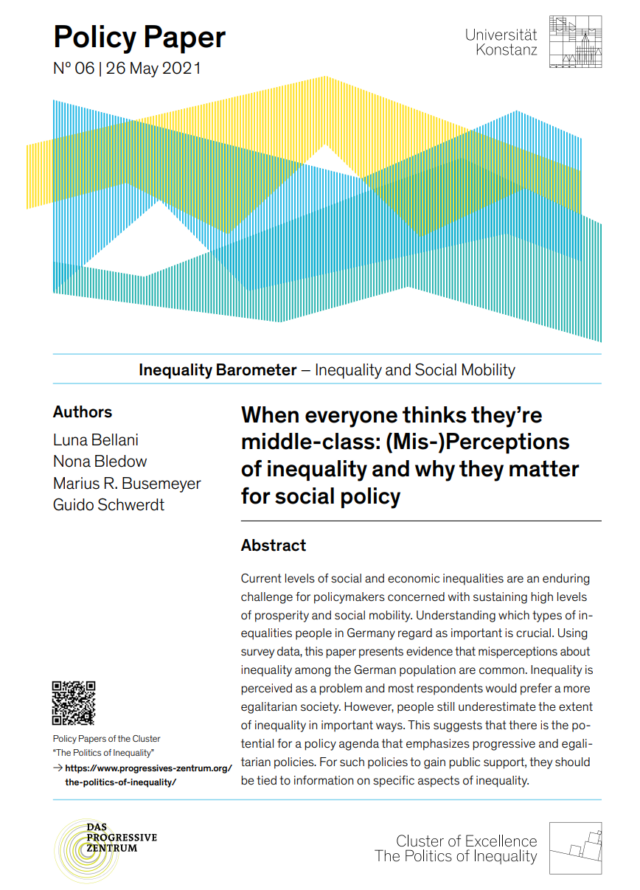
Content

We develop and debate progressive ideas and bring together leading actors who turn thoughts into action. Our think tank’s goal: making the just transformation a reality. ▸ Learn more

